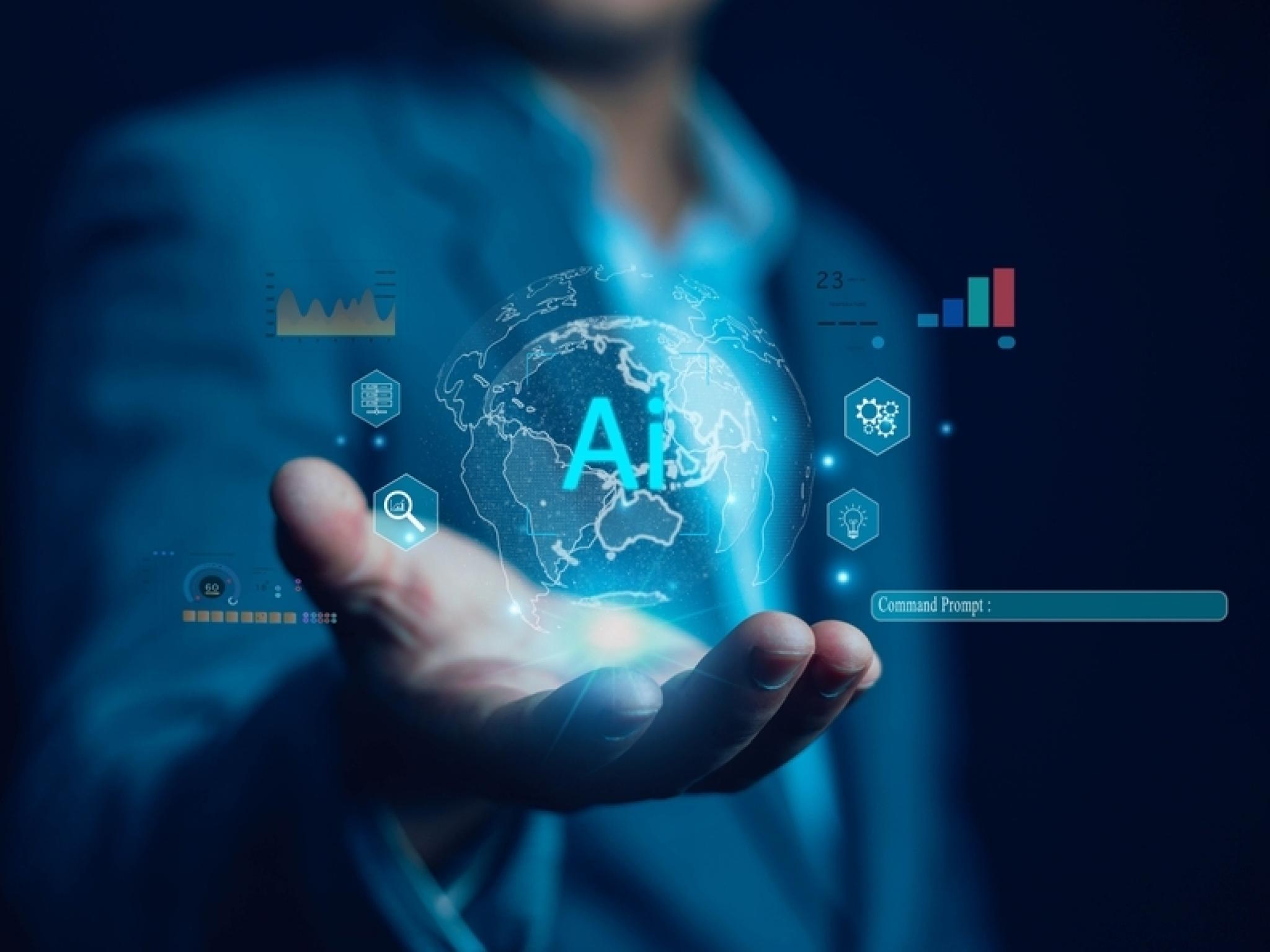Eric Schmidt Says Free Chinese AI Models Could Overtake Western Systems In Global Use
Author: Snigdha Gairola | November 12, 2025 05:28am
Former Google CEO Eric Schmidt cautioned that the cost and accessibility of AI models could shift global reliance toward Chinese technology, raising geopolitical concerns.
Open-Source Chinese AI Models Gain Global Traction
On Tuesday, Schmidt, who led Google from 2001 to 2015, said in an episode of the Moonshots podcast that most governments could end up using Chinese AI models simply because they are free, according to a Business Insider report.
"This produces a bizarre outcome where the biggest models in the United States are closed source and the biggest models in China are open-source," Schmidt said.
He added, "Open source is free and the closed source models are not free."
Cost Drives Governments Toward Chinese AI, Not Quality
Schmidt explained that countries with limited budgets may adopt Chinese AI not for superiority, but out of necessity.
"The vast majority of governments and countries who don't have the kind of money that the West does will end up standardizing on Chinese models not because they're better, but because they're free," he added.
The warning comes amid growing attention to "sovereign AI," a concept that emphasizes national control over AI technologies, data, and infrastructure.
Executives, including Nvidia Corp. (NASDAQ:NVDA) CEO Jensen Huang and French AI startup Mistral's Arthur Mensch, have stressed the importance of countries building independent AI systems.
Mensch compared AI to electricity in the 1900s, saying, "If you weren't building electricity factories, you were preparing yourself to buy it from your neighbors."
See Also: Tesla’s $1 Trillion Illusion: Elon Musk’s Pay Package And The Robotaxi Myth
China's AI Push Intensifies As Domestic Chip Policies Shake Global Market
Earlier this year, AI chip companies, including Nvidia, Broadcom Inc (NASDAQ:AVGO), Advanced Micro Devices Inc (NASDAQ:AMD), Taiwan Semiconductor Manufacturing Company Ltd (NYSE:TSM), and Intel Corp (NASDAQ:INTC) faced pressure after China boosted subsidies for major data centers, cutting energy costs by up to 50% to support domestic chipmakers.
Beijing also banned foreign AI chips in state-funded data centers, requiring new projects to use only domestic chips.
Huang warned that China was poised to surpass the U.S. in AI development, citing cheaper energy, streamlined regulations, and support for Chinese tech giants like ByteDance, Alibaba Group Holdings (NYSE:BABA) and Tencent Holdings (OTC:TCEHY).
In September, DeepSeek and Meituan emerged as China's top contenders to challenge global AI leaders such as OpenAI, Microsoft Corp. (NASDAQ:MSFT), Alibaba, and Tencent.
DeepSeek focused on an agent-based AI model capable of executing multi-step tasks autonomously, highlighting China's push to lead in next-generation AI technologies.
Read Next:
Disclaimer: This content was partially produced with the help of AI tools and was reviewed and published by Benzinga editors.
Photo courtesy: Shutterstock
Posted In: AMD AVGO BABA INTC MSFT NVDA TCEHY TSM





